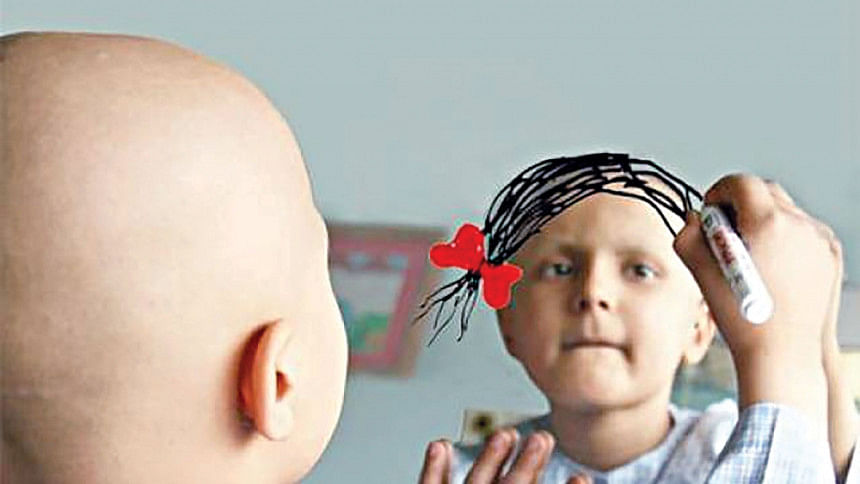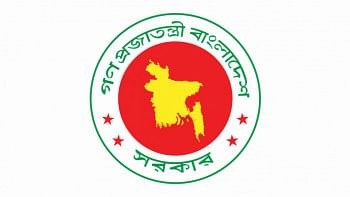Treating cancer during COVID-19

People with cancer appear to be at increased risk of Coronavirus disease (COVID-19) and their outcomes are worse than those of individuals without cancer. This is especially valid for cancer patients with other diseases like cardiovascular disease, diabetes, kidney disease etc.
Evidence from China suggests that oncological patients are quite vulnerable to infection due to their compromised immune system as a result of both cancer and active cancer therapy like chemotherapy and radiotherapy. Many cancer patients are elderly and more susceptible to aggressive coronavirus infection.
The constraints created by the pandemic have required health care professionals to make difficult choices, including those we made in drawing up prioritisation criteria to guide treatment decisions. Patients with potentially curable disease who could substantially benefit from treatment are given priority, whereas care for patients who were being treated with palliative intent, especially those for whom interventions are expected to have marginal benefit, is being deferred.
Decisions about care for individual patients are made by balancing the risk that patients will contract COVID-19 because of exposures associated with cancer treatment and their risk for complications if they do, with the benefits of receiving potentially life-saving cancer treatment.
In this pandemic, treatment should be given to cancer patients after the evaluation of all clinical situations with precaution. For example, if a patient has locally advanced breast cancer, chemotherapy is required first for downsizing the tumour to make it operable and prevent the spread. Sometimes after surgery, adjuvant radiotherapy is required which will provide a good response to surgery, if not there is a chance of local recurrence and metastasis.
Considering the patient's condition, chemotherapy dose can be modified with prophylactic growth factor. The interval between the cycles of chemotherapy may be prolonged than the usual gap in consultation with the oncologist.
Proper nutrition with a balanced diet and antioxidant-rich food may ensure multiple ways to support cancer patients by increasing treatment effectiveness, decreasing treatment toxicities, increasing treatment tolerance, decreasing disease progression, and ultimately increasing the quality of life and better survival chances.
Patients should try to increasing immunity by having a balanced diet that includes an adequate amount of fish, meat, egg, milk, vegetables and fruits. To control associated diseases like diabetes, hypertension and kidney disease etc., by taking regular medications, proper diet and regular exercise.
Cancer patients should take maximum precautions against COVID-19 by using facial masks when going out, maintaining social distance, staying at home, washing hands with soap repeatedly, avoid touching nose, eyes and mouth as much as possible.
In conclusion, the novel coronavirus pandemic is a battle between people and viruses. Delivering care for patients with cancer during this crisis is challenging given the competing risks of death from cancer versus death or serious complications from COVID-19. All health care professionals should dedicatedly move forward with courage and take care of cancer patients accordingly.
The writer is the Head of the Department of Oncology, Delta Medical College and Hospital, Bangladesh.
E-mail: [email protected]

 For all latest news, follow The Daily Star's Google News channel.
For all latest news, follow The Daily Star's Google News channel. 



Comments